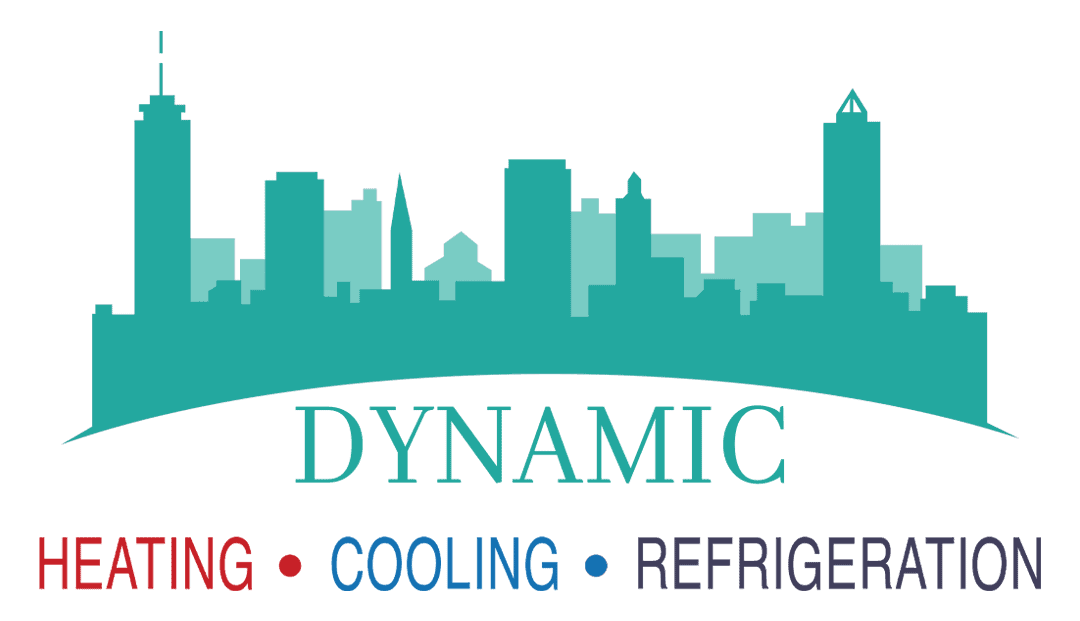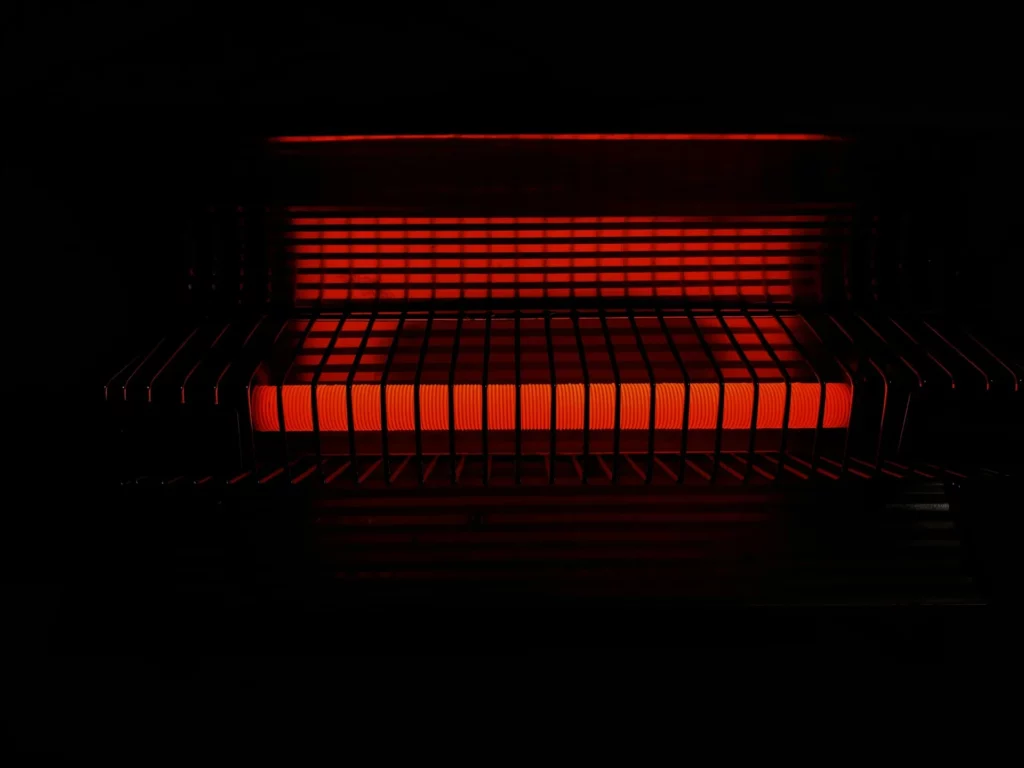Our homes are complex environments with intricate systems designed to keep us comfortable. Heating and cooling play a vital role in this comfort, especially during extreme weather conditions. If you’re exploring heating options, you may have come across the term “radiant heater.” In this article, we’ll explore radiant heating, its benefits and drawbacks, and its safety aspects.
What Is Radiant Heating?
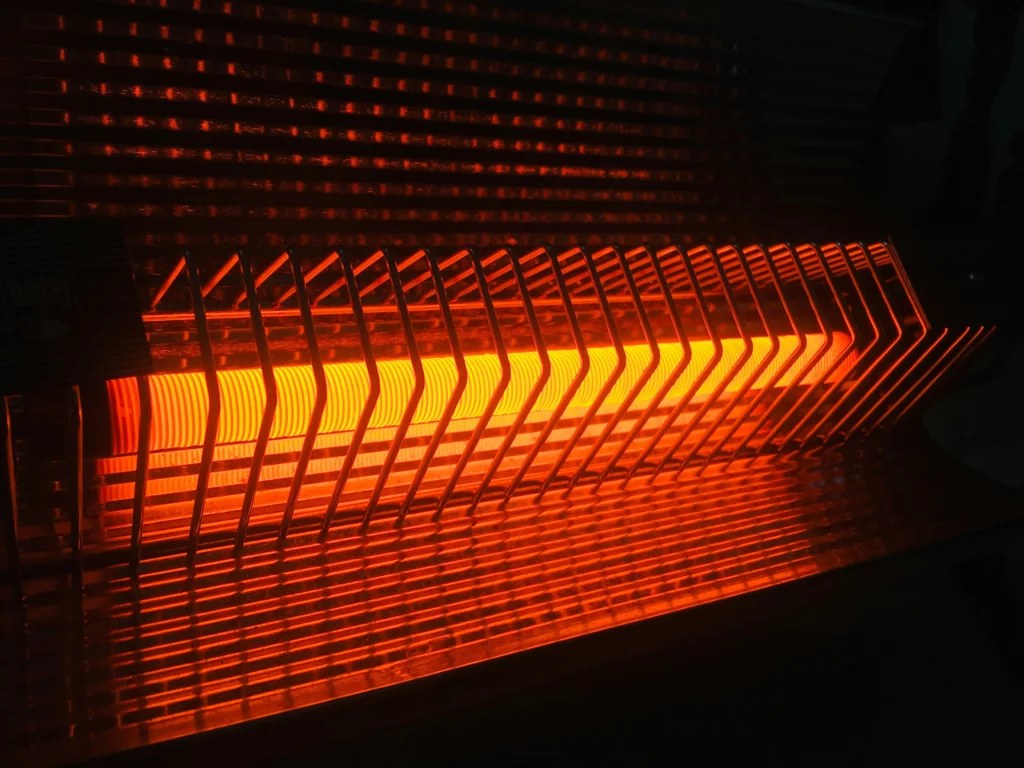
Radiant heating is a unique and innovative method of heating a space, which stands in contrast to traditional heating systems that rely on convection and forced air movement. Instead of heating the air, radiant heating directly warms the surfaces and objects within a room.
It includes floors, walls, and furniture, as radiant heating emits infrared radiation. This direct transfer of heat creates a cozy and enveloping warmth that is felt immediately upon entering a room equipped with a radiant heating system.
How Radiant Heating System Works
At the heart of a radiant heating system are the elements that produce infrared radiation, which can include radiant heat panels, electric cables, or hot water tubes. Depending on the system’s design and the space’s specific needs, these components are strategically installed beneath the floor, within walls, or along ceilings.
When activated, these elements emit infrared rays that travel through the air and directly heat the surfaces they encounter. As these surfaces warm up, they radiate heat, creating a comfortable and even temperature throughout the room.
Unlike traditional heating systems, radiant heating does not rely on air circulation. What it means is that there are no drafts or cold spots, resulting in a more consistent and pleasant indoor environment.
Why People Choose Radiant Heater Systems Over Other Heating
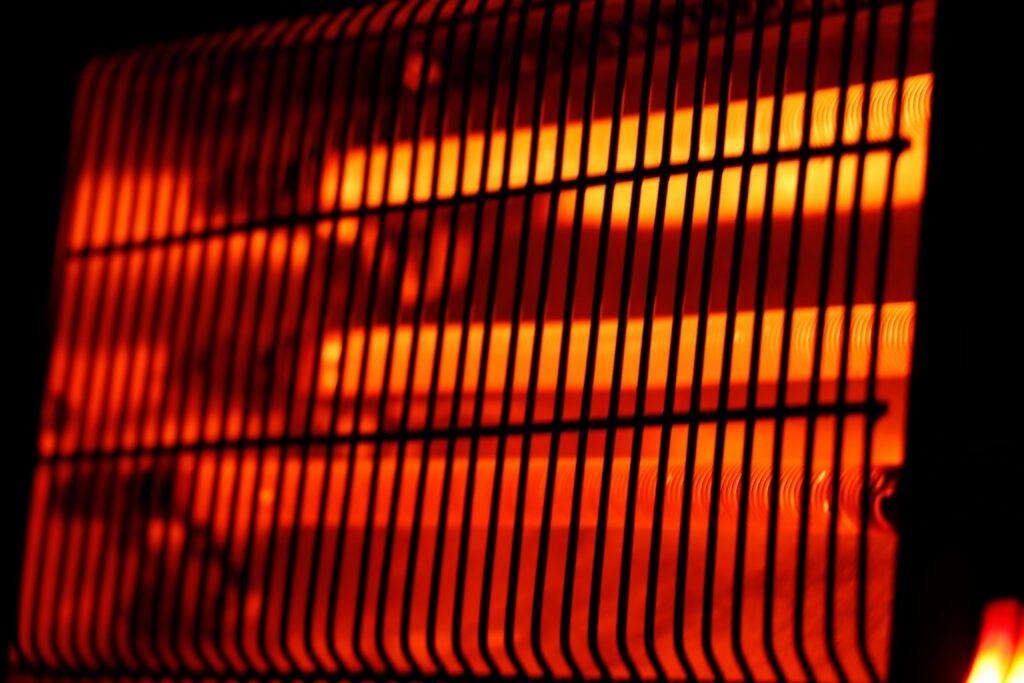
The appeal of radiant heating lies in its advantages over conventional heating methods. Here are some reasons why people would be choosing radiant heating for their homes and businesses:
Even Heat Distribution
Radiant heating provides a uniform temperature throughout the space, eliminating the cold spots and uneven heating often experienced with forced-air systems.
Energy Efficiency
By directly heating surfaces and objects, radiant heating systems can be more efficient than traditional systems, as they minimize heat loss through air circulation. This efficiency can translate into lower energy bills and a reduced environmental impact.
Improved Indoor Air Quality
Radiant heating does not circulate air, which means it does not spread dust, allergens, or other airborne particles. This is particularly beneficial for individuals with allergies or respiratory issues.
Silent Operation
Radiant heating systems operate silently, providing a peaceful and quiet indoor environment without the noise of blowing air or rattling ductwork.
Why You Might Not Want to Choose Radiant Heating

Despite its many benefits, there are some considerations that might make radiant heating less suitable for certain situations:
Higher Initial Costs
The installation of a radiant heating system, particularly radiant floor heating, can be more expensive upfront than that of traditional heating systems. This might be a deterrent for those on a tight budget.
If you are looking to install a traditional heating system but find yourself limited in the budgeting department, at Dynamic Heating and Cooling in the Greater Toronto Area, we offer financing options for furnace and HVAC upgrades.
Complex Installation
Installing a radiant heating system, especially a hydronic radiant floor heat system, can be more complex and time-consuming than installing a conventional system. This might require more invasive construction work, particularly in retrofit situations.
Limitations with Floor Coverings
Certain types of floor coverings, such as thick carpets, can insulate the floor and reduce the effectiveness of radiant floor heating. This might limit your flooring options or necessitate adjustments to your interior design.
Longer Warm-Up Time
Radiant heating systems, especially those with a significant thermal mass like concrete floors, can take longer to reach the desired temperature compared to forced-air systems. This might be less ideal for those who prefer quick heating.
Repair Considerations
If issues arise with a radiant heating system, particularly with in-floor systems, accessing and repairing the system can be more challenging and potentially more costly than repairing a traditional system.
Is Radiant Heating a Part of Your HVAC System?
Integrating radiant heating into your existing HVAC system can offer a holistic approach to maintaining a comfortable indoor environment throughout the year. By combining radiant heating with traditional HVAC components, such as heat pumps, furnaces, and boilers, you can achieve efficient and versatile temperature control.
When considering adding radiant heating to your HVAC system, it’s crucial to evaluate the compatibility between the radiant heater and other HVAC components. For example, hydronic radiant floor heating systems can be effectively paired with boilers or heat pumps to provide consistent and energy-efficient warmth.
On the other hand, electric radiant heaters might be better suited for smaller spaces. Additionally, it would work better as supplemental heating in conjunction with a furnace or heat pump.
Moreover, the integration of radiant heating into your HVAC system should also factor in the requirements for repair and maintenance. Regular upkeep of both the radiant heating components and the traditional HVAC equipment is essential to ensure optimal performance and longevity of the entire system.
Scheduling routine maintenance checks with a reputable HVAC service provider, like Dynamic Heating and Cooling, can help identify and address any potential issues with your radiant heater before they escalate. Radiant heating can be a valuable addition to your HVAC system, enhancing overall comfort and efficiency.
What Is a Radiant Heater?
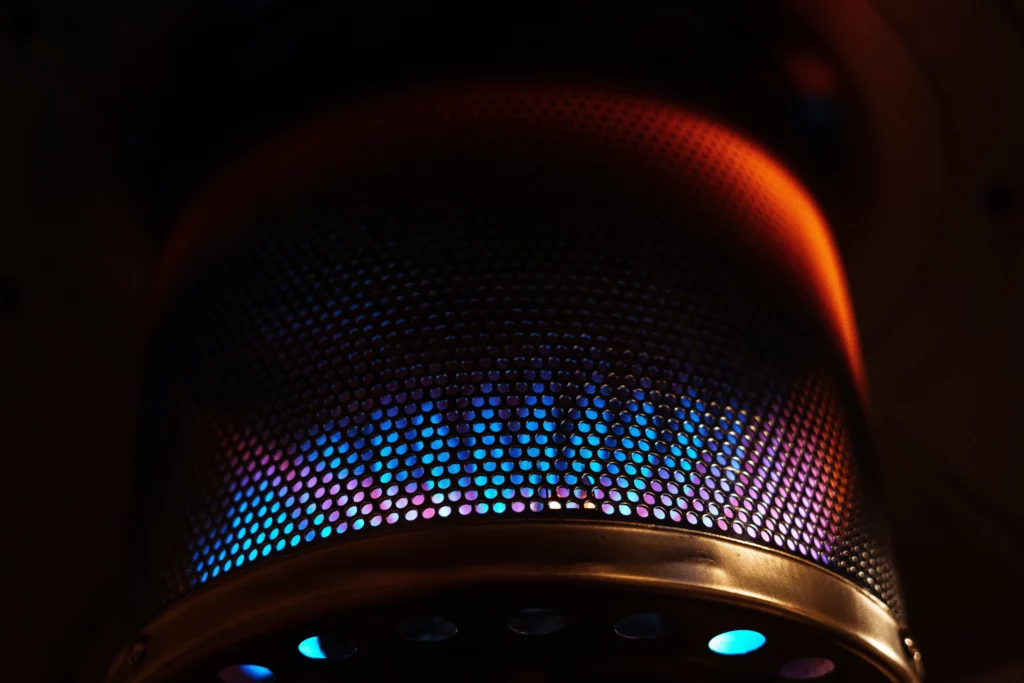
Now that the basics of radiant heating technology are covered, let’s get into specifics. A radiant heater is a device that utilizes radiant heating technology to directly warm the surfaces and objects in a space, rather than heating the air. This method of heating is known for its efficiency and ability to provide a comfortable, even heat distribution.
Types of Radiant Heaters
They are available in various types, each designed to meet specific heating requirements.
Radiant Floor Heating
This type of radiant heater is installed beneath the floor surface, turning the entire floor into a large, gentle heat emitter. Radiant floor heating is ideal for providing consistent warmth across a room and is especially popular in residential settings for its comfort and efficiency.
Radiant Heat Panels
Radiant heat panels are mounted on walls or ceilings and emit infrared radiation to directly heat objects and people in the room. Radiant heat panels are a versatile option for supplemental heating or for use in spaces where floor heating may not be feasible.
Radiant Tube Heater
Often used in commercial or industrial settings, such as garages, warehouses, or workshops, these radiant tube heaters are suspended from the ceiling and emit infrared radiation downward to effectively heat large areas.
Electric Radiant Heater
Utilizing electric cables or heating mats, these radiant heaters are a convenient option for various applications. Electric radiant heaters can be used for both floor heating and portable heating solutions, offering flexibility and ease of installation.
Propane and Natural Gas Radiant Heater
Fueled by propane or natural gas, these radiant heaters are commonly used for outdoor heating or in well-ventilated garage settings. They provide powerful and efficient heating, making them suitable for colder environments or for quickly warming up a space.
Considerations for Choosing a Radiant Heater
It’s important to consider factors such as the size of the space, the intended use, the type of installation, and the energy source. For example, radiant floor heating may be more suitable for new construction or major renovations.
An electric radiant heater or radiant heat panels might be better for retrofitting an existing space. Additionally, the choice between a propane, natural gas, or electric radiant heater will depend on the availability of fuel sources and the specific heating needs of the area.
Radiant Garage Heater
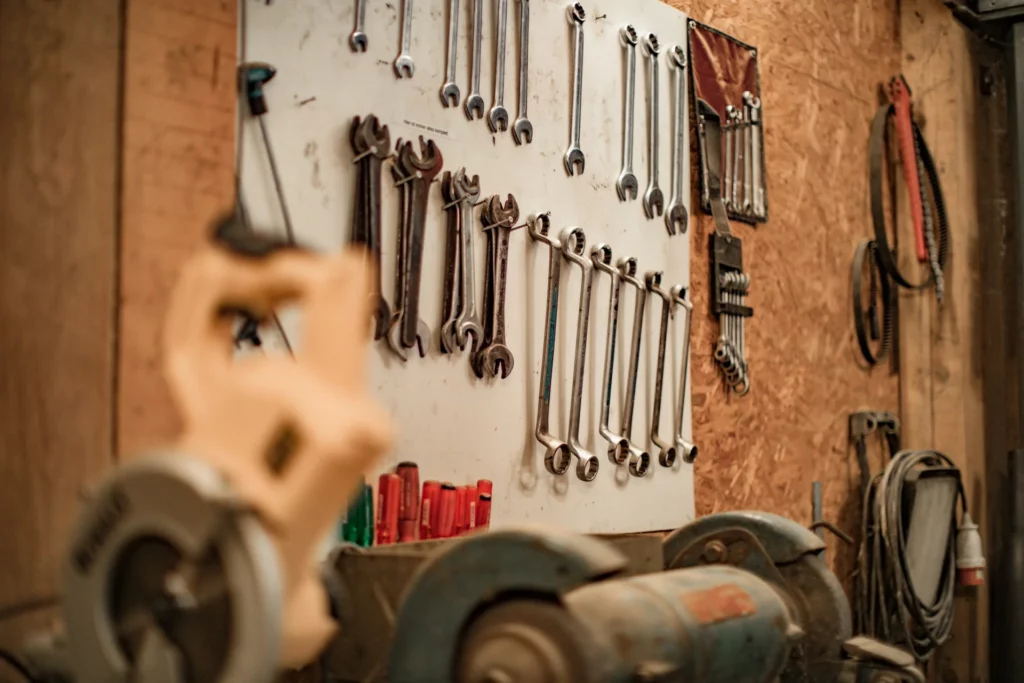
A radiant heater for the garage is an ideal solution for ensuring this typically colder area remains comfortably warm, especially during the winter months. Garages, often used for workshops, storage, or vehicle parking, can benefit significantly from the even and efficient heat distribution provided by radiant heaters.
It’s an excellent choice for heating a garage, especially in regions like Canada where certain heating methods, such as furnaces, are prohibited due to safety regulations. Additionally, radiant heaters offer even heat distribution, ensuring that the entire garage space is comfortably warm, which is ideal for those who use their garage as a workspace or for extended activities.
How Safe Are Radiant Heaters?
Radiant heaters are widely regarded as a safe heating option when properly installed and utilized in accordance with manufacturer instructions. One of the key safety features of radiant heaters, especially electric radiant heaters and radiant floor heating systems, is the absence of exposed heating elements. This design minimizes the risk of accidental burns, which can occur with other types of heaters that have hot surfaces.
Additionally, radiant heaters are less likely to cause fires compared to traditional heating methods. Since radiant heating works by directly warming objects and surfaces rather than the air, there’s a lower chance of overheating and igniting flammable materials in the vicinity.
This characteristic makes radiant heaters particularly suitable for spaces like garages, where flammable substances such as gasoline or paint may be present. When using radiant heaters powered by propane or natural gas, such as a propane radiant heater or a natural gas radiant heater, it’s important to ensure adequate ventilation in the space to prevent the accumulation of gas fumes, which can pose a health and safety risk.
What to Look Out for in Radiant Heaters to Prevent Breakages
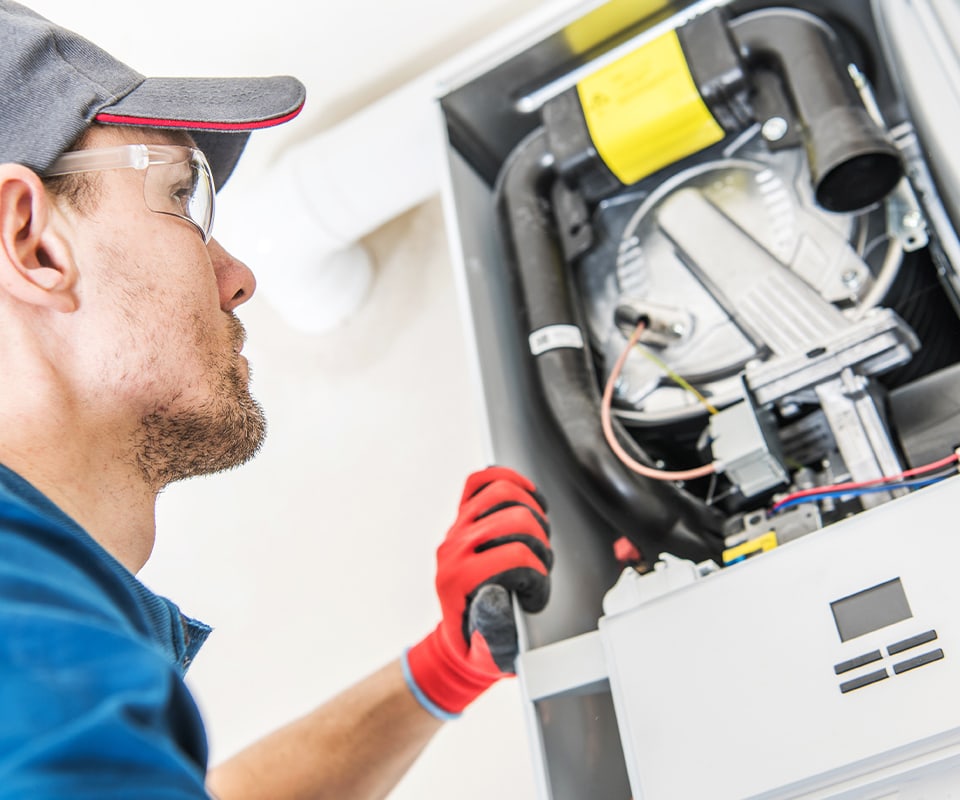
To ensure the longevity and proper functioning of your radiant heater, it’s essential to consider a few key factors:
Durable Construction
Opt for a radiant heater that is built to last, with high-quality materials and robust design. This is especially important for radiant floor heating systems, which are installed beneath flooring and should withstand regular foot traffic.
Professional Installation
Having your radiant heater installed by a qualified professional is crucial to prevent improper installation, which can lead to system failures or damage. This is particularly true for radiant floor heating and radiant heat panels, which require precise placement and connection.
Regular Maintenance Checks
Scheduling routine maintenance for your radiant heating system can help identify and address any issues before they result in significant damage. This includes checking for any wear and tear, ensuring that all components are functioning correctly, and cleaning any parts that may accumulate dust or debris.
Proper Usage
Follow the manufacturer’s guidelines for the correct use of your radiant heater. Avoid covering radiant heat panels or electric radiant heaters with furniture or other objects that could obstruct heat distribution or pose a fire risk.
Other Types of Heating Systems and Their Pros and Cons
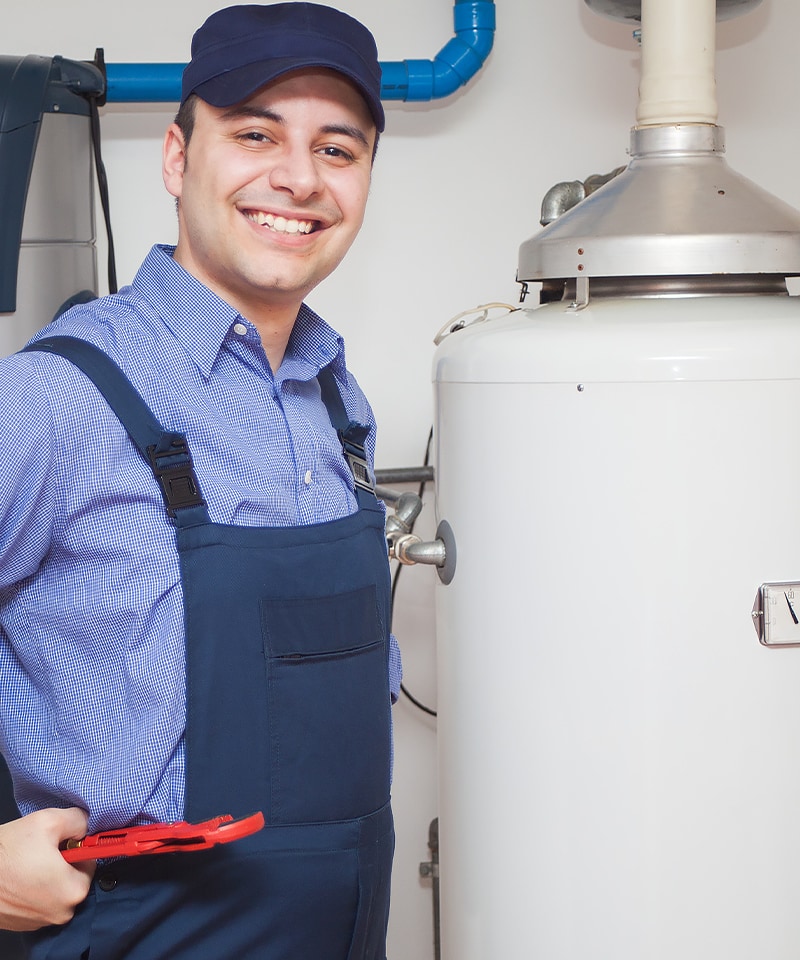
Furnace Heating
Pros: Furnaces can provide quick and powerful heating, making them ideal for colder climates. They are compatible with central air systems, allowing for a unified HVAC solution. Furnace humidifiers and other add-ons are available to boost indoor air quality when relying on air circulation heating options.
Cons: Furnaces often rely on ductwork, which can lead to heat loss and distribute allergens. They also require regular maintenance to ensure efficiency and safety.
Heat Pump
Pros: Heat pumps are highly energy-efficient, as they transfer heat rather than generate it. They can provide both heating and cooling, making them versatile for year-round comfort.
Cons: Heat pumps may be less effective in extremely cold climates without a supplementary heat source. The initial installation cost can be higher compared to traditional heating systems.
Boiler Heating
Pros: Boilers provide even, radiant heat, which can be more comfortable than forced-air systems. They are efficient and can be used with a variety of radiators or underfloor heating.
Cons: Boilers require a network of pipes and radiators, which can be expensive to install. They also need regular maintenance to prevent leaks and ensure efficiency.
Dynamic Heating and Cooling Is Here to Help
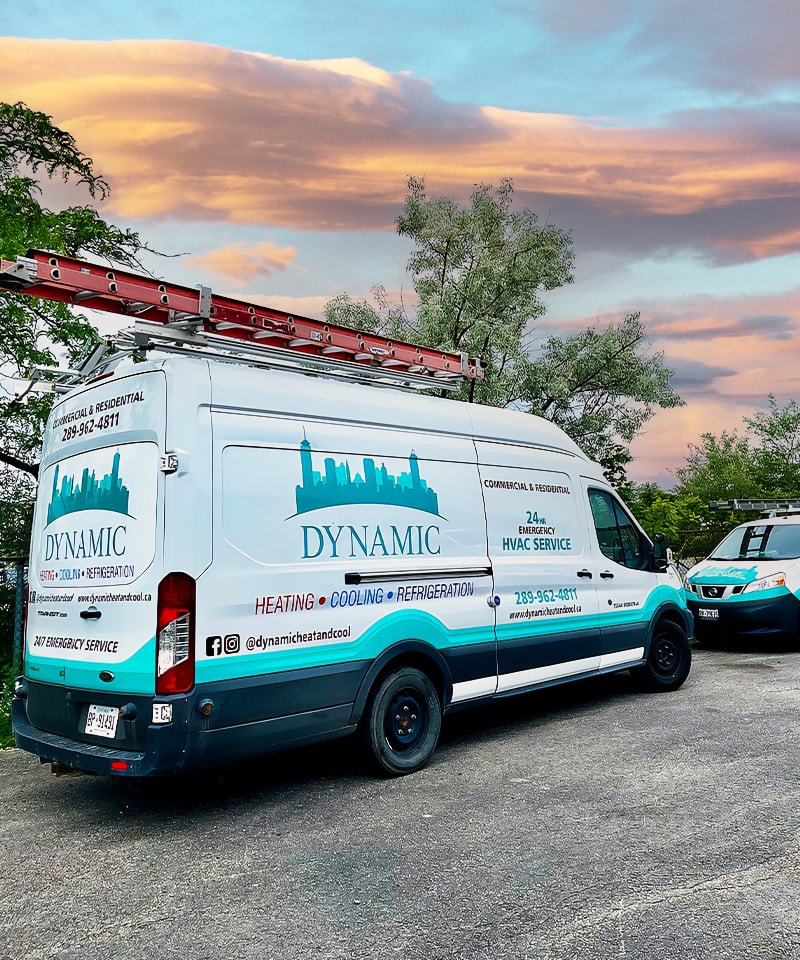
At Dynamic Heating and Cooling, we’re committed to helping you find the perfect heating solution for your home or business. Whether you’re interested in radiant heating, traditional HVAC systems, or something in between, our team of licensed technicians is here to provide expert advice, installation, and maintenance services.
Contact us today to learn more about how we can keep you comfortable all year round.
